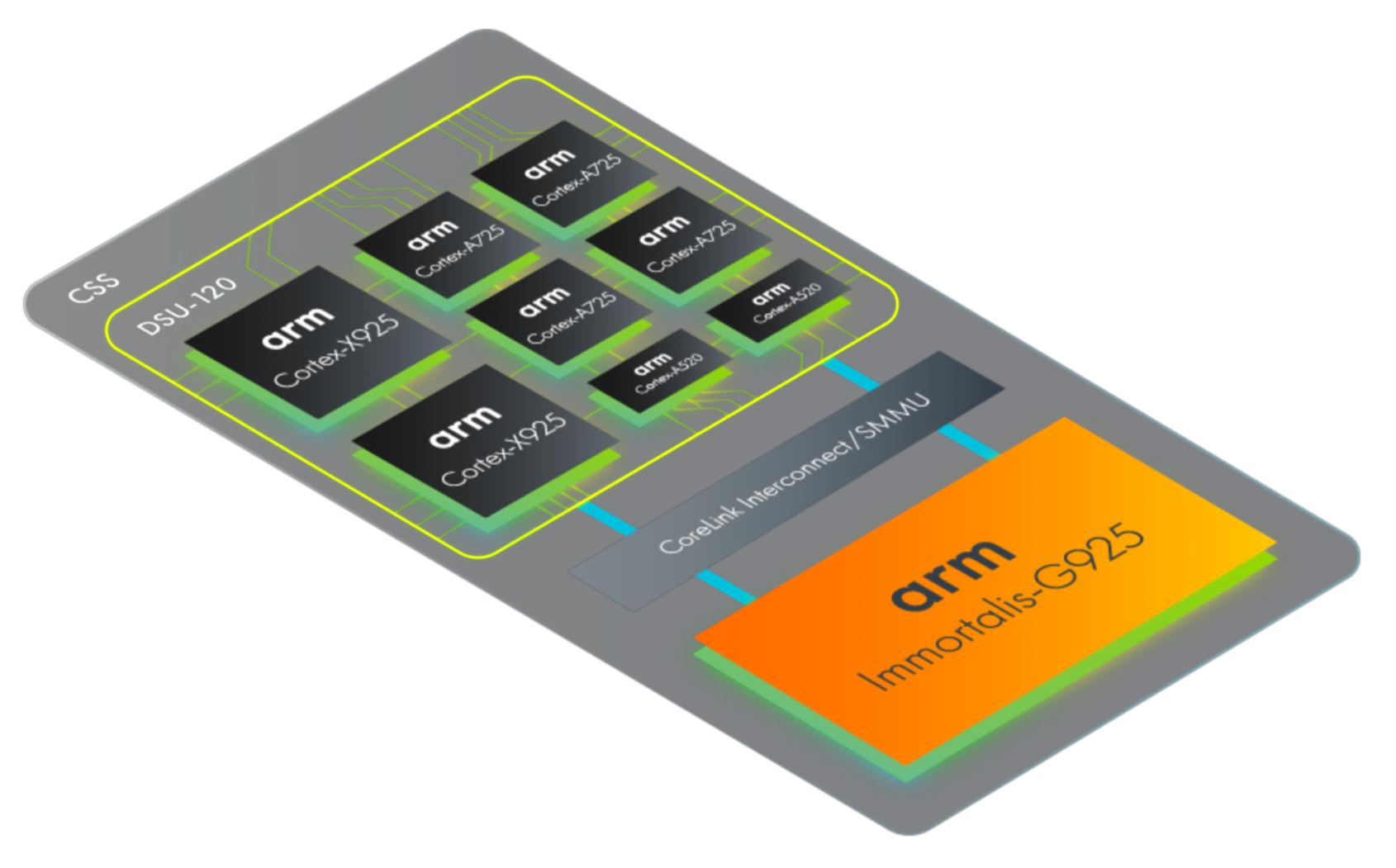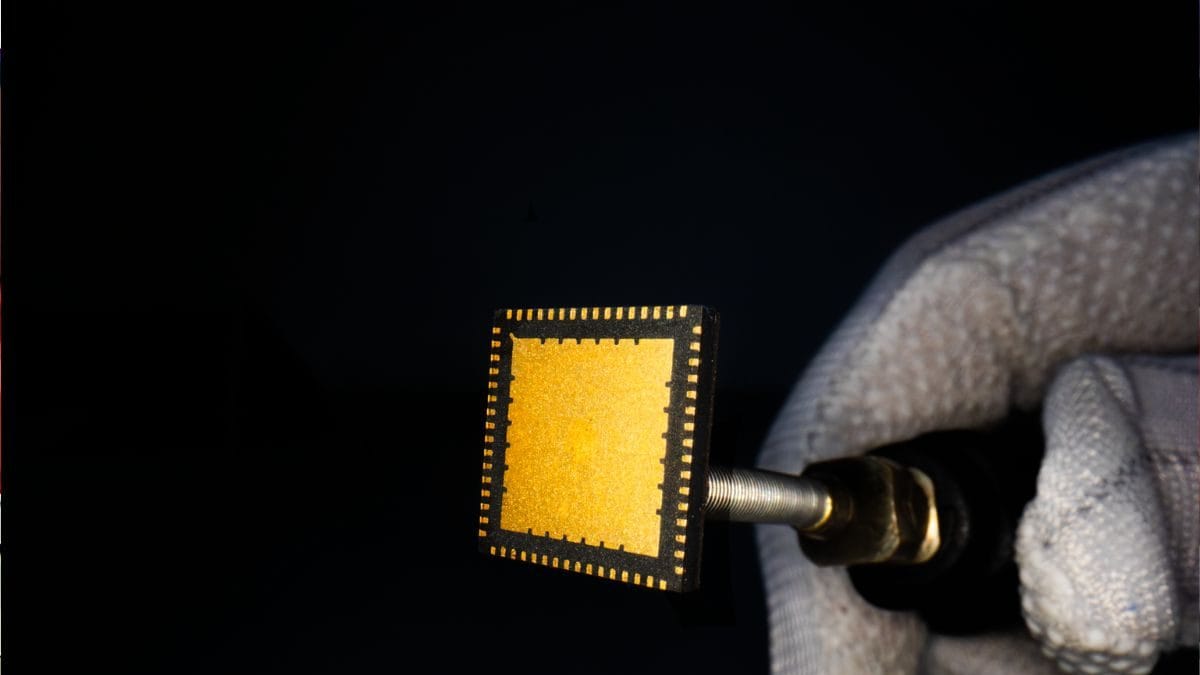








Fabless Indian semiconductor startup Mindgrove has launched 'Secure IoT', India's first commercially available high-performance system-on-chip (SoC) [2451cf3a]. The chip fabrication took place in Taiwan, while partners assisted in manufacturing and packaging [2451cf3a]. 'Secure IoT' is specifically designed for IoT devices and comes at a price 30% lower than its counterparts [2451cf3a]. Mindgrove managed to design and dispatch the chip for manufacturing in only eight months [2451cf3a]. The chip is a high-performance microcontroller that runs at 700 MHz and offers programmability, flexibility, security, and computing power [2451cf3a]. Mindgrove also offers design support to Indian brands and estimates that between 10 and 50 million chips consumed annually in India could potentially be replaced by Secure IoT [2451cf3a].
The market for embedded analytics is experiencing significant growth, with a study forecasting trends and opportunities in the market until 2030. Embedded analytics involves integrating analytics and reporting capabilities within a device or information system, allowing for data analysis and process analysis within the system itself [dfb8376e]. Key players in the market include Microsoft Corporation, IBM, SAP SE, SAS Institute, Oracle Corporation, MicroStrategy Incorporated, OpenText, Tableau Software, TIBCO Software, and Yellowfin International [dfb8376e]. The future of embedded technology looks promising, with both embedded die packaging technology and embedded security systems playing crucial roles in various industries [dfb8376e]. The global embedded security market is projected to reach $9.8 billion by 2028, growing at a CAGR of 5.7% from 2023 [dfb8376e]. China dominates the field of embedded security products due to robust manufacturing capabilities, domestic market demand, government support, and technological advancements [dfb8376e]. The higher demand for embedded security systems in smartphones is driven by factors such as increased connectivity, the need to protect personal data, secure mobile payments, and app security [dfb8376e].
The rise of the industrial Internet of Things (IIoT) is pushing embedded software development toward greater complexity. Stringent cybersecurity mandates, complex device ecosystems, chip architecture innovations, emerging connectivity technologies, and integration of AI and machine learning are reshaping embedded software development [12451297]. New approaches like service-based architectures and containerization will become important. Cybersecurity mandates in the US are extending to all regulated markets, requiring manufacturers to disclose vulnerabilities and provide continuous monitoring and updates. Coexistence and interoperability of devices, connectivity technologies, and new chip architectures are also impacting embedded systems development. Service-oriented architectures, containerization, and microservices are being used to manage complexity. Partner collaborations will become more common for manufacturers without extensive in-house teams [12451297].
The Host Hardware Security Modules market is also expected to grow during the forecast period. The report analyzes the key drivers and potential opportunities for market players. It also examines the market's applications, cost evaluation analysis, and restraints. Trusted analysis tools like Porter's five forces and SWOT analysis are used to assess the market. Global Market Vision provides statistic information and analysis tools to help companies increase efficiency. Their team specializes in providing accurate and well-founded information to support decision-making. [ddb6ad5f].
A research report predicts exponential growth for the Security Bypass Modules market from 2023 to 2030. The report focuses on various factors such as manufacturing strategies, industry share, opportunities, and profit margin. It analyzes the market statistics, drivers, and restraints, and highlights the present scenario and upcoming trends. The report also provides insights into emerging trends, future opportunities, and a SWOT analysis of competitors. The study divides the market based on geography, product, and application, and explores collaborations, mergers, and innovative business policies. The report estimates the market size for value and volume and identifies key players through primary and secondary research [4a5851d6].
The global computer on modules (COM) market is experiencing growth, with investors seeking opportunities. The market refers to highly integrated, small form-factor computing modules that can be easily integrated into various devices and systems. These modules contain key components of a computer and can be used to develop custom embedded systems or upgrade existing systems. The market is segmented by application (industrial automation, medical, transportation, gaming, communication), type (ARM architecture, x86 architecture, power architecture), and geography. The report provides information on industry trends, growth patterns, and business strategies. Major manufacturers in the market include AMD, ADLINK Technology, Advantech, Intel, Texas Instruments, VIA Technologies, IBASE, Eurotech, Ka-Ro electronics, and Axiomtek. HTF Market Intelligence offers research and consulting services to empower businesses with growth strategies. [f3c84d3f].
Supermicro, a leading provider of advanced server solutions, will showcase its broad range of innovative infrastructure solutions for embedded, IoT, and Edge AI use cases at the embedded world exhibition in Nuremberg, Germany from April 9th to 11th, 2024 [69688d76]. The exhibit will feature new systems, including ultra-compact servers leveraging Intel Atom and Intel Core processor families. Supermicro will present the SYS-E100 fanless form factor with an extended operating temperature range of -20°C to 70°C. Additionally, the SYS-E403-13E, a compact box PC that supports 5th Gen Intel Xeon processors and up to three NVIDIA GPUs, will be introduced. The booth will showcase live demonstrations of real-world applications running on edge hardware, including AI inferencing, computer vision, and Nvidia Metropolis [69688d76].
VeriSilicon, a leading semiconductor IP provider, showcased its latest power-efficient IP applications at Embedded World 2024 in Nuremberg, Germany. The company demonstrated various leading products leveraging its latest technologies and advanced solutions, including AI and machine learning, image signal processing, consumer electronics and smart devices, data center and high-performance computing, smart healthcare, and automotive electronics [919a8208]. VeriSilicon's semiconductor IP licensing business holds the largest market share in China and ranks seventh worldwide. The company's GPU IP has been shipped in nearly two billion chips, and its NPU IP has been integrated into 128 AI SoCs supplied by 72 licensees. VeriSilicon's Vice President of Vision Image Product, Shang-Hung Lin, delivered a keynote speech at the Embedded World conference on implementing transformer neural networks for visual perception on embedded devices. VeriSilicon's comprehensive IP portfolio is configurable for a wide range of applications, from low-power-focused to high-performance data center uses [919a8208].
SiMa.ai, an AI startup focused on developing semiconductor designs and software solutions for edge computing, believes that the embedded edge is poised to be the next gold rush in the AI market [afaa4511]. SiMa.ai's founder and CEO Krishna Rangasayee sees an opportunity to challenge NVIDIA's dominance in the embedded edge AI market. The embedded AI market was valued at over $9 billion in 2023 and is expected to grow to $18 billion by 2028. SiMa.ai has raised $270 million in funding and recently secured an additional $70 million in an extended Series B funding round. The company plans to release the second generation of its Machine Learning System-on-Chip (MLSoC) platform in Q1 2025. SiMa.ai aims to tap into the Indian market, with plans to grow its customer base from 10 to over a thousand in the next four years. The company also aims to expand globally and has partnered with Taiwan-based electronics distributor WPG to reach more clients. SiMa.ai will focus on sectors such as robotics, industrial automation, and drones and unmanned aircraft. TSMC is both a manufacturing partner and investor for SiMa.ai. With its frugality and focus on the edge computing market, SiMa.ai hopes to challenge NVIDIA's over 90% market share in the embedded edge AI market [afaa4511].
Arm has announced new Armv9 CPUs and Immortalis GPUs for mobile SoCs, as well as the Kleidi AI software optimized for Arm CPUs from Armv7 to Armv9 architectures [91f7c29b]. The new Armv9.2 CPU cores include the Cortex-X925 “Blackhawk” core with significant CPU and AI performance improvements, the Cortex-A725 with improved efficiency, and a refreshed version of the Cortex-A520 providing 15 percent efficiency improvements. Three new GPUs have also been introduced, namely the up-to-14-core Immortalis-G925 flagship GPU, the Mali-G725 with 6 to 9 cores for premium mobile handsets, and the Mali-G625 GPU with one to five cores for smartwatches and entry-level mobile devices. Arm also unveiled the Kleidi AI software, a suite of software libraries and developer communities designed to accelerate AI development. Kleidi is comprised of two main projects: KleidiAI for neural networks and inference engines, and KleidiCV for OpenCV computer vision library.
Chipmaker MediaTek has joined Arm Total Design to accelerate and simplify the development of products based on Arm Neoverse Compute Subsystems (CSS). Arm Neoverse CSS is designed for AI applications in data centers, infrastructure systems, and telecommunications. MediaTek will work closely with Arm to expand its footprint into data centers and utilize its expertise in hybrid computing, AI, SerDes, chiplets, and advance packaging technologies to accelerate AI innovation from the edge to the cloud. MediaTek can leverage Neoverse CSS to deliver optimized SoCs for specific application needs. Mohamed Awad, Senior VP and GM of Infrastructure Line of Business at Arm, stated that MediaTek's partnership with Arm will bring world-class expertise to infrastructure and deliver sustainable, AI-powered cloud data centers on Arm Neoverse CSS.
The UK's Most Innovative Cyber SME competition has named Mindgard as the 2024 winner. The AI security provider was praised for its originality, impact, and market need. Mindgard offers a platform for continuous red teaming and remediation of AI vulnerabilities. The platform helps organizations test AI models against adversarial attacks and identify vulnerabilities. Mindgard's platform complements internal red teaming work and allows organizations to focus on specific AI model vulnerabilities. Mindgard was founded in 2022 by a research lab at Lancaster University and has raised £4m in funding. The startup already has several large enterprise customers.